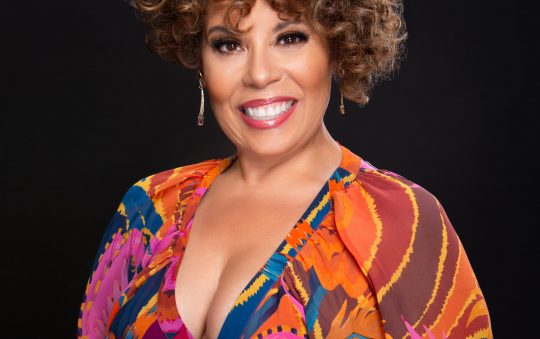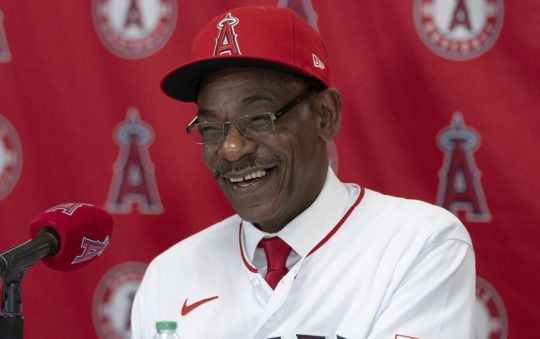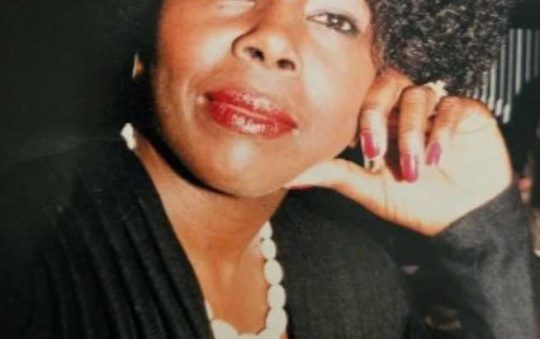
As always, this year we wish for Africans everywhere throughout the world African community “Heri za Kwanzaa. Happy Kwanzaa.” And we bring and send greetings of celebration, solidarity and continued struggle for an inclusive and shared good in the world.
Moreover, we constantly and especially wish for our people and for all other oppressed and struggling peoples of the world, the shared and indivisible goods of freedom, justice and peace, deservedly achieved, enjoyed, and passed on to future generations.
We are living and celebrating Kwanzaa this year in difficult, dangerous and demanding times. And there is a pervasive sense of anxiety, apprehension and uncertainty about the future, about how we continue to go forward, meet the coming storm, and overcome and disperse the darkness that threatens to envelop us. But our very history and humanity tell us we must defy the darkness that seeks to dispirit and diminish us with our radical refusal to be defeated in any way.
Following in the footsteps of our ancestors, we must, in the midst of the deepest darkness hanging over us, lift up the light that lasts. As Nana W.E.B. DuBois relates in the sacred narrative of our people during the Holocaust of enslavement, we must “sing to sunshine,” sing sunshine, call for the day and hurry the dawn of freedom, justice and other human good through our continued and expanded work, sacrifice, service, and righteous and relentless struggle.
During Kwanzaa, we practice the ritual of candle lighting called “lifting up the light that lasts,” based not only in the history of our people in practice, but also from the sacred teachings of our ancestors. In the sacred teachings of the Husia, we are told that it’s morally imperative that we “drive away darkness so that light can be lifted up.” Indeed, we are told that we have a light within us and that we must come forth each day, lift up this light that lasts and share it with our people and the world.
The ancestors speak of this light as our having been gifted with “that which endures in the midst of that which is overthrown.” And that which endures and is eternal are our moral and spiritual values, values that are dignity affirming, life enhancing and world preserving. We speak of values such as truth, justice, committed caring, sensitivity to others, a right relationship with the natural world, measuring our morality by how we treat the most vulnerable among us, and constantly daring to strive and struggle to bring good in the world and not let any good be lost, as the Odu Ifa, another ancestral sacred text teaches us.
In the practice of Kwanzaa, the candle lighting ceremony is a lighting of the lasting light of the Nguzo Saba, The Seven Principles. For they are moral principles vital to life, love and struggle and to bringing, increasing and sustaining good in the world. To lift up the light that lasts is not only to wish for the good they bring when practiced, but also to commit and recommit ourselves to practice them in the small and larger circles of our lives, our work and struggle.
So, as we come and stand before the kinara, let us come accepting the obligation to bear the burden and glory of our history and to honor the legacy of our ancestors by committing ourselves to making it a lived and living legacy by the way we live our lives, do our work and wage our struggles for good in the world.
Let us first light the candle and lift up the lasting light of Umoja (Unity), the principle and practice which cultivates in us the will and way to think relationally and “to strive for and maintain unity in the family, community, nation and race” and ultimately the world. We speak here of building a satisfying and sustained sense and sanctuary of togetherness in love, life and struggle in our communities, of relating rightfully and with others, the natural world and all in it.
Let us light the candle and lift up the lasting light of Kujichagulia (Self-determination) which teaches us “to define ourselves, name ourselves, create for ourselves and speak for ourselves” and to respect the right and responsibility of other peoples to do the same. We speak here of freedom to be our beautiful African selves, our sacred and soulful Black selves in all our diversity, divineness, and transcendent, equal and inalienable dignity.
And again, we uphold this principle and practice for everyone, especially the vulnerable, the devalued, downtrodden, oppressed, the victims of unfreedom, injustice and genocide in the world.
Let’s light the candle and lift up the lasting light of Ujima (Collective Work and Responsibility). It speaks to our building community together, sharing burdens and benefits and constantly striving and struggling to achieve the good world we all want and deserve to live in and leave as a legacy worthy of the name and history African.
Let us light the candle and lift up the lasting light of the principle and practice of Ujamaa (Cooperative Economics). It speaks of shared work and shared wealth in the world, requiring a real sense of kinship with each other, other humans, the environment and our need to share common goods of the world and provide a life of dignity and decency and adequacy for everyone.
Let us light the candle and lift up the lasting light of Nia (Purpose). It is a call to greatness by the doing of good in and for each other and the world. For it is written that “the wise are known for their wisdom, but the great are known by their good deeds.” So, we are to do good in the world and all in it. Indeed, our ancestors say, “the good we do for others we are also doing for ourselves.” For we are building the good world we all want and deserve to live in and pass on to future generations.
Let us light the candle and lift up the lasting light of Kuumba (Creativity). This principle and practice are dedicated to the proposition that we are called “to do always as much as we can in the way we can in order to leave our community more beautiful and beneficial than we inherited it.”
And this speaks of our local and national community, and our world community as Africans, human beings and world beings. And we are to honor the ancient African ethical imperative of serudj ta, to constantly repair and remake the world, creating a new history and horizon of possibilities for us and all of humankind.
Finally, let us light the candle and lift up the light that lasts of Imani (Faith) which calls us “to believe with all our heart in our people, our parents, our teachers, our leaders and the righteous and victory of our struggle.” It teaches us especially to believe in our people’s capacity to be themselves and free themselves and wage the liberation struggles to achieve these interrelated, indivisible and inseparable goals. Nana Robert Sobukwe teaches us, that “we must embody our people’s aspirations.” And that “all we are required to do is to show the light and the masses will find the way.”
Nana Ella Baker would later offer a similar teaching saying, “Give light and people will find the way.” And Nana Haji Malcolm tells and teaches us, we need the light, i.e., knowledge of the truth about the world and each other. But he especially stresses light about ourselves, which “creates understanding, love, patience and unity,” which are vital to family, community, life, and struggle.
Grounded in these principles and practices, we can build a new future; weather the worst of winters; disperse and drive away darkness; and lift up the light that lasts of shared and inclusive good in the world. Indeed, if we read and believe the sacred narratives, the written, oral and living practice texts of our ancestors, Nanas Howard Thurman, Gwen Brooks and Nannie Burroughs, as well as of our people as a whole, we are assured that there is no winter we cannot weather; no storm we cannot ride out and remain intact; no whirlwind we cannot conduct our blooming in; and no impossible situation that will enfeeble or falsify our claim that we as a people specialize in the wholly impossible.
Heri za Kwanzaa. Happy Kwanzaa.
Dr. Maulana Karenga, Professor and Chair of Africana Studies, California State University-Long Beach; Executive Director, African American Cultural Center (Us); Creator of Kwanzaa; and author of Kwanzaa: A Celebration of Family, Community and Culture and Essays on Struggle: Position and Analysis, www.OfficialKwanzaaWebsite.org, www.MaulanaKarenga.org; www.AfricanAmericanCulturalCenter-LA.org; www.Us-Organization.org.







